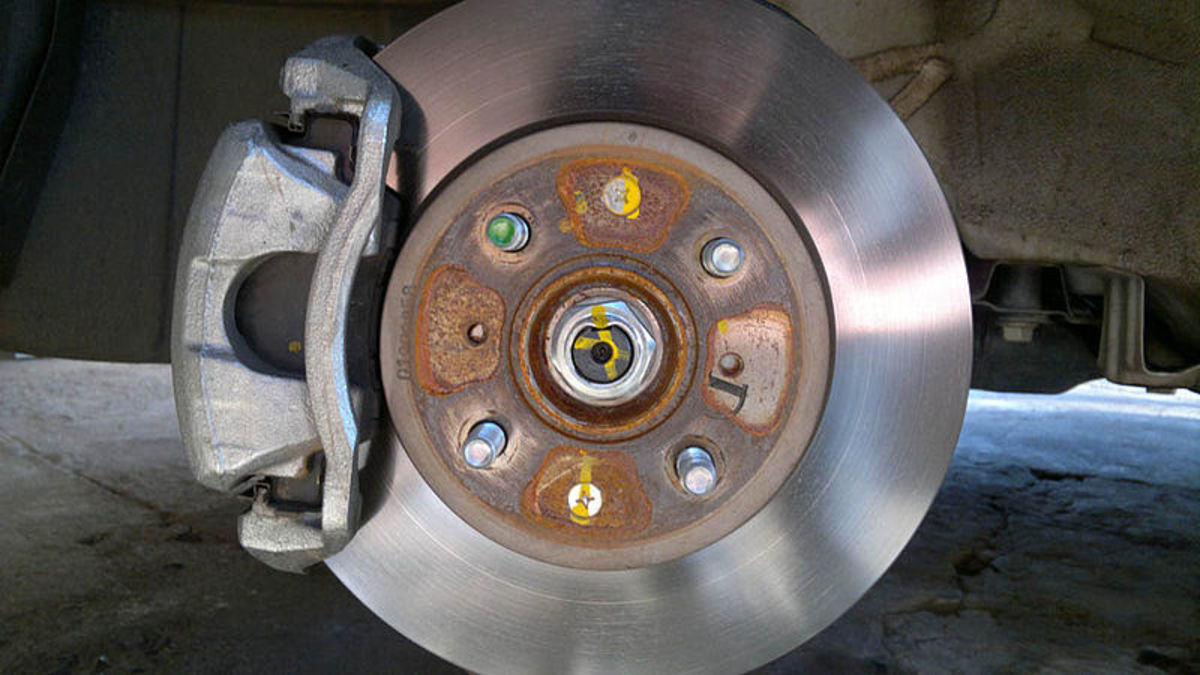

Articles
How Often To Replace Calipers
Modified: February 22, 2024
Learn about the lifespan of calipers and when to replace them with informative articles. Expert advice and tips to maintain optimal braking performance.
(Many of the links in this article redirect to a specific reviewed product. Your purchase of these products through affiliate links helps to generate commission for Storables.com, at no extra cost. Learn more)
Introduction
Calipers are an essential component of the braking system in vehicles, responsible for applying the necessary force to the brake pads. Over time, calipers can wear out and become damaged, affecting their performance and compromising your vehicle’s safety. Therefore, it is crucial to know when and how often to replace calipers to ensure optimal braking and avoid potential accidents.
In this article, we will explore the signs that indicate you need to replace your calipers, the factors that affect their lifespan, the recommended replacement interval, how to inspect calipers for wear and damage, the importance of regular maintenance, and the step-by-step process of replacing them.
By understanding the signs of caliper wear and following the recommended maintenance practices, you can keep your braking system in top condition and ensure the safety of yourself and your passengers on the road.
Key Takeaways:
- Regularly inspect calipers for signs of wear and damage, such as uneven brake pad wear, spongy brake pedal, or fluid leaks, to ensure optimal braking performance and safety on the road.
- Prioritize regular maintenance and timely replacement of calipers to prolong their lifespan, enhance braking performance, and prevent costly repairs, ultimately ensuring a safe and efficient driving experience.
Read more: How Much To Replace Calipers And Rotors
Signs that Calipers Need Replacement
Recognizing the signs that indicate your calipers need replacement is crucial in maintaining a properly functioning braking system. Here are some common signs to watch out for:
- Uneven Brake Pad Wear: If you notice that the brake pads on one side of the vehicle are wearing down faster than the other, it could be a sign of a sticking caliper. Uneven brake pad wear indicates that the caliper is not applying equal pressure to the brake pads, resulting in imbalanced braking performance.
- Spongy or Soft Brake Pedal: When you press the brake pedal, it should feel firm and responsive. However, if you notice that the brake pedal feels spongy or goes all the way to the floor without adequate resistance, it could be a sign of a faulty caliper. A worn or damaged caliper can cause air or fluid leaks, leading to a loss of hydraulic pressure in the braking system.
- Brake Dragging: A caliper that is sticking or not releasing properly can cause the brake pads to constantly rub against the rotor even when the brake pedal is released. This results in a dragging sensation while driving, decreased fuel efficiency, and excessive heat buildup in the braking system. If you notice any signs of brake dragging, it’s essential to have your calipers inspected and replaced if necessary.
- Brake Fluid Leaks: Inspect the area around your calipers for any signs of brake fluid leakage. Brake fluid can leak from damaged caliper seals, causing a loss of hydraulic pressure and reduced braking performance. If you notice fluid accumulation or a decrease in brake fluid levels, it’s important to have your calipers inspected and repaired or replaced as soon as possible.
- Brake Vibration or Squealing: A warped or malfunctioning caliper can cause the brake pads to make unusual noises, such as squealing or screeching, during braking. Additionally, if you experience vibrations or pulsations in the brake pedal while applying the brakes, it may indicate a problem with the calipers. These symptoms should be addressed promptly to prevent further damage and ensure safe braking.
If you notice any of these signs, it is imperative to have your calipers inspected by a qualified mechanic. Ignoring these warning signs can lead to further damage to the braking system, increased repair costs, and potential safety hazards on the road. Early detection and replacement of faulty calipers will help maintain the reliability and effectiveness of your vehicle’s braking system.
Factors Affecting Caliper Lifespan
The lifespan of calipers can vary depending on several factors. Understanding these factors can help you take appropriate measures to extend the lifespan of your calipers and ensure optimal braking performance. Here are some key factors that can affect caliper lifespan:
- Driving Conditions: The driving conditions you encounter regularly can have a significant impact on the lifespan of your calipers. Frequent stop-and-go driving, heavy braking, and driving in hilly or mountainous areas can put more stress on the calipers, causing them to wear out faster. Similarly, harsh weather conditions like extreme heat or cold can also contribute to caliper deterioration.
- Quality of Brake Fluid: The quality and condition of the brake fluid used in your vehicle can affect the performance and lifespan of the calipers. Brake fluid plays a critical role in transferring hydraulic pressure to the calipers. Contaminated or degraded brake fluid can cause corrosion and damage to the caliper pistons and seals, leading to premature caliper failure.
- Maintenance Practices: Regular maintenance is essential for the longevity of your calipers. Proper maintenance includes routine brake inspections, cleaning and lubricating the caliper components, and flushing and replacing the brake fluid at recommended intervals. Neglecting these maintenance practices can result in caliper malfunction and decreased lifespan.
- Quality of Calipers: The quality and durability of the calipers themselves can significantly impact their lifespan. Opting for high-quality calipers from reputable manufacturers can ensure better longevity and performance. It is important to choose calipers that meet or exceed the OEM specifications for your vehicle.
- Driving Habits: Your driving habits and style can also impact the lifespan of your calipers. Aggressive driving, such as frequent hard braking and riding the brakes, can put excessive stress on the calipers and cause them to wear out faster. Maintaining a smooth and controlled driving style can help prolong the lifespan of your calipers.
It is important to note that the lifespan of calipers can vary from vehicle to vehicle and depend on these factors. Regular inspections, following recommended maintenance intervals, and addressing any issues promptly can help maximize the lifespan of your calipers and ensure the safety and reliability of your braking system.
The Recommended Replacement Interval for Calipers
The recommended replacement interval for calipers can vary depending on various factors, including the vehicle manufacturer’s recommendations, driving conditions, and caliper wear and performance. While there is no set timeframe for caliper replacement, there are certain guidelines and indicators to consider.
As a general rule of thumb, it is recommended to have your calipers inspected by a qualified mechanic during regular brake inspections or whenever you notice any signs of caliper wear or malfunction. This can help identify any issues early on and determine if caliper replacement is necessary.
Additionally, if you notice any of the following signs, it is essential to have your calipers replaced:
- Severe Corrosion: If your calipers show signs of severe corrosion, particularly around the pistons and seals, it may be an indication of significant damage. In such cases, replacing the calipers is often the best course of action.
- Leaking Seals: If the seals in your calipers are leaking brake fluid, it can lead to a loss of hydraulic pressure and compromised braking performance. In such cases, it is crucial to replace the calipers to ensure the safety of your vehicle.
- Irreparable Damage: In some instances, caliper damage may be irreparable, especially if the caliper body or mounting brackets are severely damaged. In such cases, replacement is necessary to restore the proper functioning of the braking system.
It is important to note that the recommended replacement interval for calipers can also depend on the type of calipers used in your vehicle. For example, fixed calipers tend to have a longer lifespan compared to sliding calipers. Additionally, the quality of the calipers and driving conditions can also influence their lifespan.
Ultimately, it is recommended to follow the guidelines provided by your vehicle manufacturer. Regular brake inspections, maintenance, and addressing any signs of caliper wear or malfunction promptly can help you determine the appropriate replacement interval for your calipers.
Remember, the braking system is a critical safety component of your vehicle, and the reliability and effectiveness of your calipers are essential for safe driving. If you have any concerns about the condition of your calipers, it is always best to consult with a qualified mechanic or brake specialist for professional advice.
Replace calipers if they are leaking, sticking, or causing uneven brake wear. Generally, they should be inspected every 50,000 miles and replaced if necessary.
How to Inspect Calipers for Wear and Damage
Regular inspection of your calipers is crucial in identifying any signs of wear or damage and determining if they need to be replaced. Here are the steps to effectively inspect your calipers:
- Visual Inspection: Start by visually examining the calipers. Look for any signs of corrosion, rust, or discoloration on the caliper body, pistons, and mounting brackets. Check for any fluid leaks around the caliper seals or brake lines. Pay attention to the condition of the dust boots and ensure they are intact.
- Brake Pad Wear: Remove the wheels and inspect the brake pads. Check for uneven wear patterns on the pads, as this may indicate caliper issues. Ensure that the brake pads are wearing evenly and not excessively worn. Uneven wear can suggest caliper piston problems or uneven pressure distribution.
- Piston Movement: Gently press the brake pedal while observing the caliper pistons. The pistons should move smoothly and evenly. If you notice any sticking or binding of the pistons, it could be an indication of caliper problems. Sticking pistons can lead to brake dragging and decreased braking efficiency.
- Brake Fluid Level: Check the brake fluid level in the master cylinder reservoir. A sudden decrease in brake fluid level may indicate a caliper leak. If the level is low, it is important to have the calipers inspected for leaks and replaced if necessary.
- Test Drive: After inspecting the calipers visually, take your vehicle for a test drive. Pay attention to any unusual braking performance, such as vibrations, squealing, or a soft brake pedal. These issues may indicate caliper problems and should be addressed promptly.
If you notice any signs of caliper wear or damage during the inspection, it is crucial to have your calipers professionally inspected and replaced if necessary. Attempting to repair or replace calipers without the proper tools and knowledge can be dangerous and may compromise the effectiveness of your braking system.
Remember, the inspection of calipers should be performed by a qualified mechanic or brake specialist who can accurately assess the condition of the calipers and provide appropriate recommendations for replacement or repairs.
By regularly inspecting your calipers and addressing any potential issues promptly, you can ensure the reliability and safety of your braking system, providing peace of mind as you drive.
Read more: How Often To Replace Gutters
The Importance of Regular Maintenance
Regular maintenance of your calipers is essential for the longevity and optimal performance of your vehicle’s braking system. Here are some reasons why regular maintenance is important:
- Safety: Your brakes are a critical safety component of your vehicle, and calipers play a key role in ensuring effective braking. Regular maintenance helps identify and address any potential issues with the calipers before they escalate into major problems. This ensures that your braking system operates reliably, keeping you and your passengers safe on the road.
- Enhanced Performance: Properly maintained calipers contribute to the overall performance of your braking system. When calipers are in good condition, they apply the necessary force evenly to the brake pads, ensuring consistent and efficient braking performance. Regular maintenance helps keep the calipers in optimal working condition, resulting in better braking control and responsiveness.
- Prolonged Caliper Lifespan: Regular maintenance practices, such as cleaning, lubricating, and adjusting the caliper components, can help prevent premature wear and damage. By keeping the calipers properly maintained, you can extend their lifespan and minimize the need for frequent replacements, saving you time and money in the long run.
- Prevention of Costly Repairs: Neglecting caliper maintenance can lead to more severe issues and costly repairs. For example, if brake fluid leaks from damaged caliper seals, it can result in damage to other brake components and compromise the entire braking system. Regular maintenance allows for early detection of such problems, preventing them from escalating and requiring extensive repairs.
- Improved Fuel Efficiency: A well-maintained braking system, including properly functioning calipers, contributes to better fuel efficiency. Dragging or malfunctioning calipers can cause excessive friction and resistance, leading to increased fuel consumption. Regular maintenance ensures that the calipers operate smoothly, minimizing any unnecessary drag and optimizing fuel efficiency.
To maintain your calipers effectively, it is recommended to follow the manufacturer’s maintenance schedule for your specific vehicle. This may include routine inspections, cleaning, lubrication, and fluid replacement at recommended intervals. It is also essential to address any signs of caliper wear or malfunction promptly to prevent further damage to the braking system.
While some basic caliper maintenance tasks can be DIY-friendly, it is important to consult with a qualified mechanic or brake specialist for more complex maintenance procedures. They have the expertise and proper tools to ensure that the calipers are maintained correctly and safely.
By prioritizing regular maintenance of your calipers, you can ensure the safety, performance, and longevity of your vehicle’s braking system, providing peace of mind and a smooth driving experience.
Steps to Replace Calipers
Replacing calipers is a critical task that should be performed by a qualified mechanic or experienced DIY enthusiast. Here are the general steps involved in replacing calipers:
- Gather the Necessary Tools: Before starting the replacement process, gather all the tools and equipment you’ll need. This may include a wrench or socket set, a brake caliper compression tool, brake cleaner, brake fluid, and new calipers.
- Secure the Vehicle: Park the vehicle on a flat surface and engage the parking brake. If necessary, place chocks or blocks behind the wheels to prevent the vehicle from rolling.
- Remove the Wheel: Loosen the lug nuts on the wheel that contains the caliper to be replaced. Use a jack to lift the vehicle and support it with jack stands. Remove the lug nuts and the wheel to access the caliper.
- Remove the Brake Line: Locate the brake line connected to the caliper. Use a wrench or socket to loosen and disconnect the brake line from the caliper. Be prepared for some brake fluid to leak out, so place a container under the line to catch any fluid.
- Remove the Caliper Mounting Bolts: Locate the caliper mounting bolts that secure the caliper to the vehicle’s suspension. Use a wrench or socket to loosen and remove these bolts. Once removed, carefully detach the caliper from the mounting bracket.
- Remove the Old Caliper: Inspect the old caliper for any additional mounting clips or brackets and remove them as necessary. Take note of the orientation of the old caliper to ensure proper installation of the new caliper.
- Prepare the New Caliper: Before installing the new caliper, transfer any necessary components from the old caliper, such as clips or brackets. Make sure the new caliper is clean and lubricate the caliper pins or sliding surfaces as recommended by the manufacturer.
- Install the New Caliper: Align the new caliper with the mounting bracket and insert the caliper mounting bolts. Tighten the bolts to the manufacturer’s specifications using a torque wrench. Ensure the caliper is securely attached to the mounting bracket.
- Reconnect the Brake Line: Reconnect the brake line to the new caliper using a wrench or socket. Make sure the connection is tight and secure. Avoid over-tightening to prevent damage to the brake line fittings.
- Replace the Wheel and Lower the Vehicle: Place the wheel back onto the vehicle and hand-tighten the lug nuts. Carefully lower the vehicle back to the ground using the jack, and then use a torque wrench to tighten the lug nuts to the manufacturer’s specifications.
- Bleed the Brake System: After replacing the caliper, it is essential to bleed the brake system to remove any air bubbles. Follow the specific bleeding procedure recommended by the vehicle manufacturer to ensure proper brake system functionality.
It is important to note that the steps outlined above are general guidelines and can vary depending on the specific vehicle make and model. It is always recommended to consult a repair manual or seek professional guidance for your specific vehicle before attempting to replace calipers.
Properly replacing calipers is crucial for the safe and efficient operation of your vehicle’s braking system. If you are unsure or uncomfortable with performing this task, it is best to leave it to the professionals to ensure it is done correctly.
Conclusion
Knowing how often to replace calipers and understanding the signs of wear and damage is crucial for maintaining a safe and reliable braking system. Regular inspections, proper maintenance, and timely replacement of calipers are essential to ensure optimal braking performance and the safety of yourself and your passengers on the road.
By paying attention to signs such as uneven brake pad wear, spongy brake pedal, brake dragging, fluid leaks, and brake vibration or squealing, you can identify when caliper replacement may be necessary. Additionally, factors such as driving conditions, quality of brake fluid, maintenance practices, and driving habits can all affect the lifespan of your calipers.
Performing regular inspections to check for signs of wear or damage on your calipers is essential. This includes visually inspecting the caliper for corrosion, checking for brake pad wear, examining piston movement, and monitoring the brake fluid level. If any issues are detected, it is crucial to have your calipers inspected and replaced as needed to maintain the reliability of your braking system.
Maintaining your calipers through regular maintenance practices is key to prolonging their lifespan. This includes cleaning, lubricating, and adjusting the caliper components, as well as flushing and replacing the brake fluid at recommended intervals. Preventive maintenance not only extends the lifespan of your calipers but also helps prevent costly repairs and ensures better fuel efficiency.
Replacing calipers should be done by a qualified mechanic or experienced individual following proper guidelines. Steps such as gathering the necessary tools, securing the vehicle, removing the wheel, disconnecting the brake line, removing and installing the new caliper, and bleeding the brake system are involved in the replacement process and require proper knowledge and expertise.
In conclusion, regular inspection, maintenance, and replacement of calipers are essential for the proper functioning of your vehicle’s braking system. By understanding the signs of wear and damage, following recommended maintenance practices, and seeking professional assistance when needed, you can ensure the safety and effectiveness of your brakes, providing you with peace of mind on every journey.
Frequently Asked Questions about How Often To Replace Calipers
Was this page helpful?
At Storables.com, we guarantee accurate and reliable information. Our content, validated by Expert Board Contributors, is crafted following stringent Editorial Policies. We're committed to providing you with well-researched, expert-backed insights for all your informational needs.



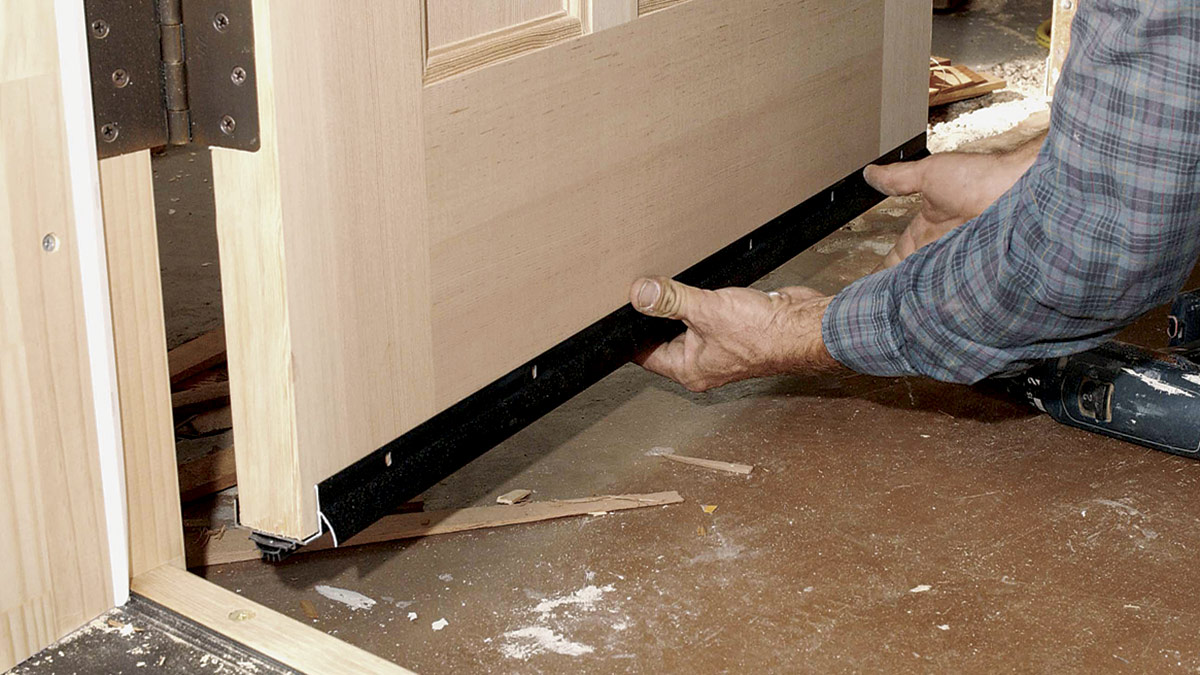
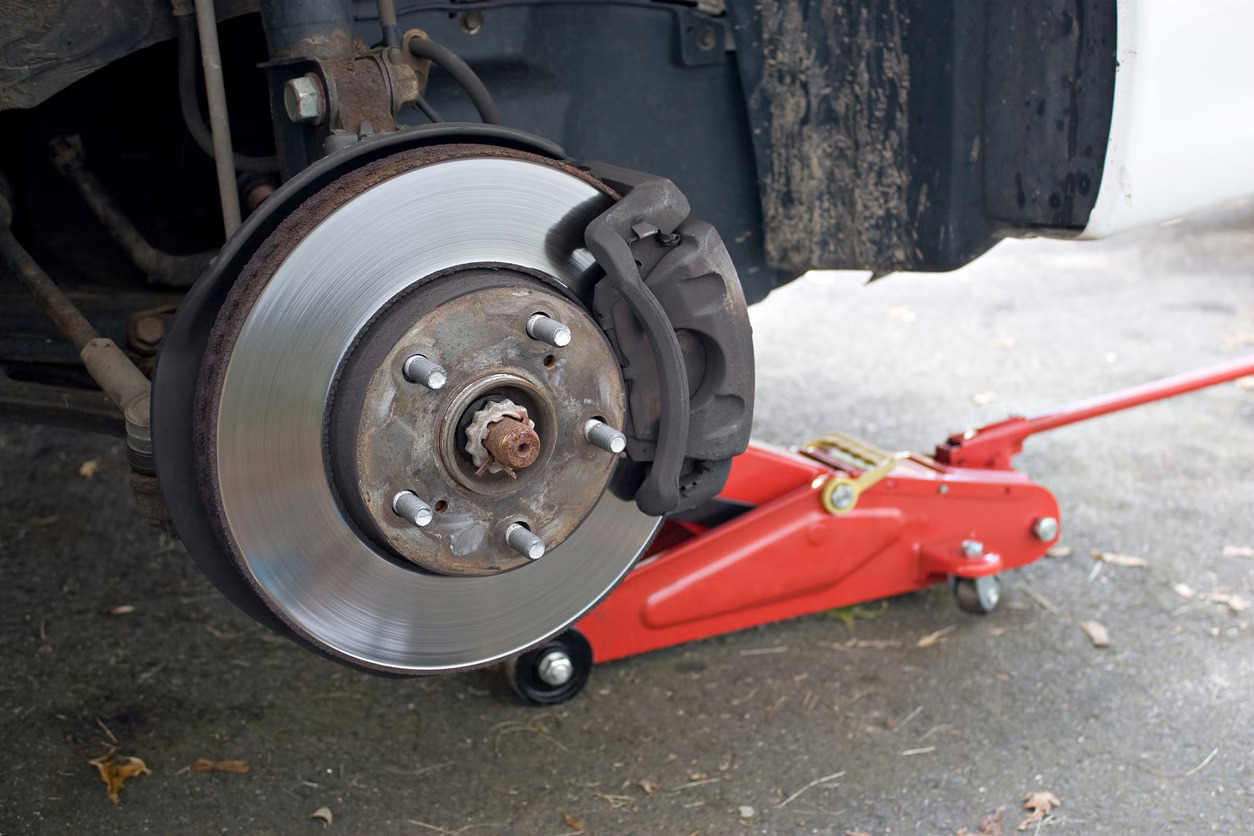
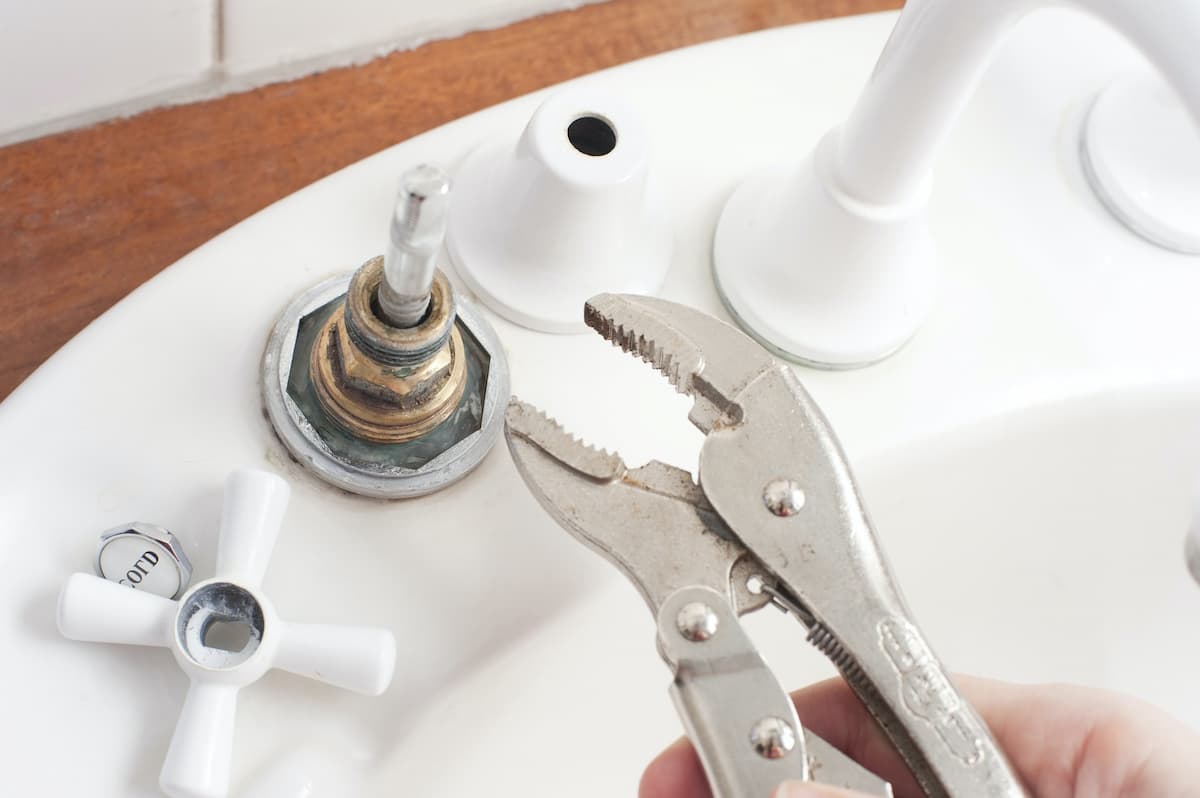

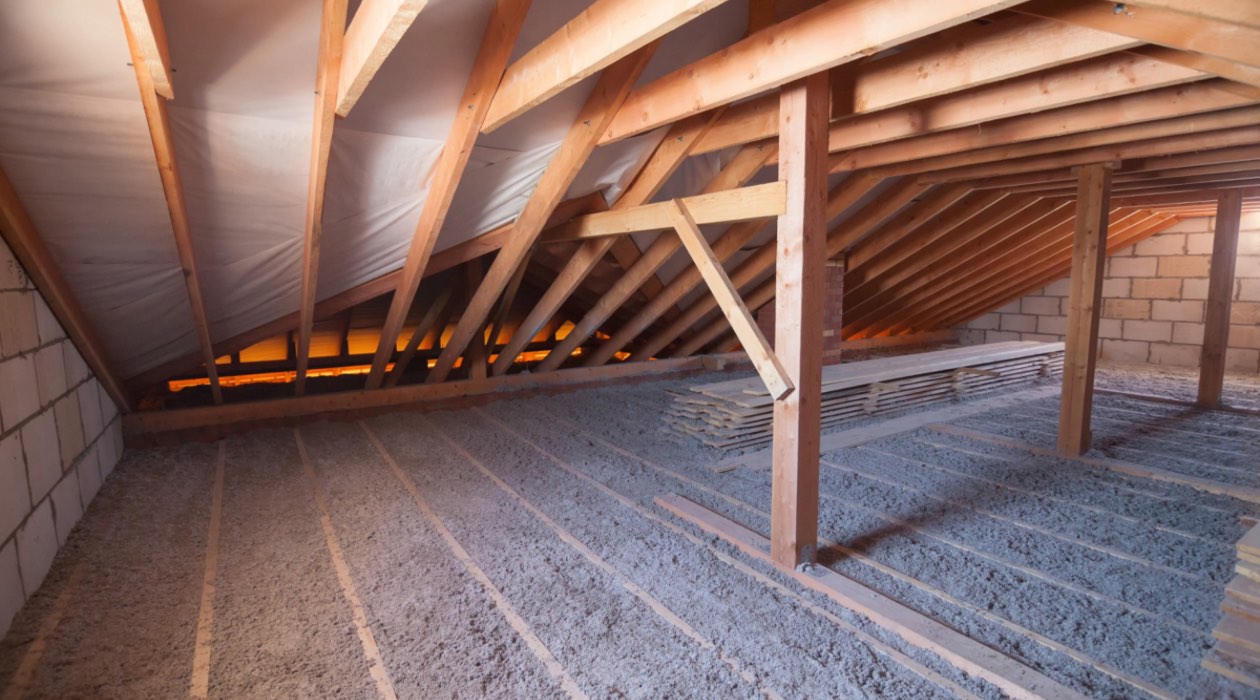
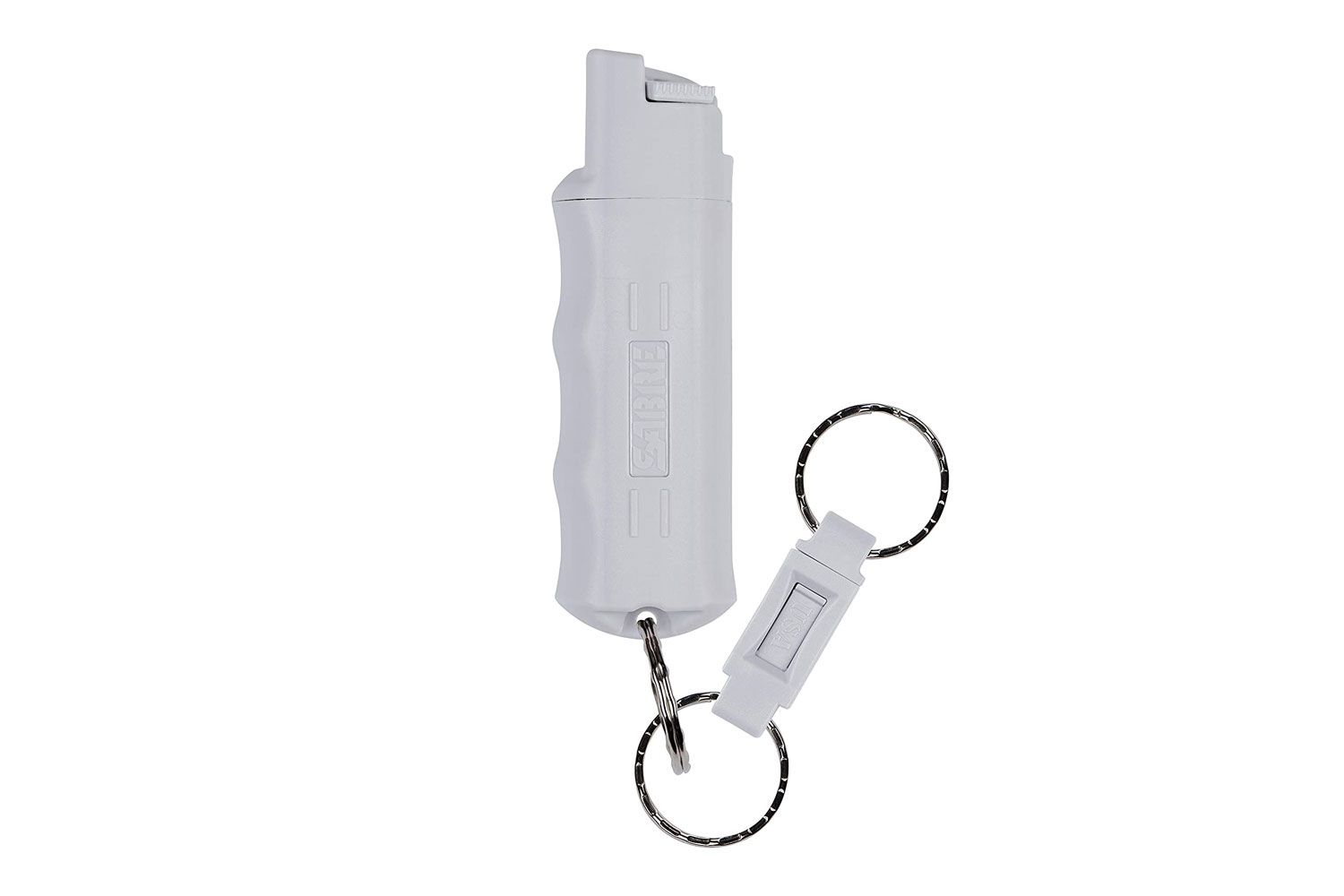




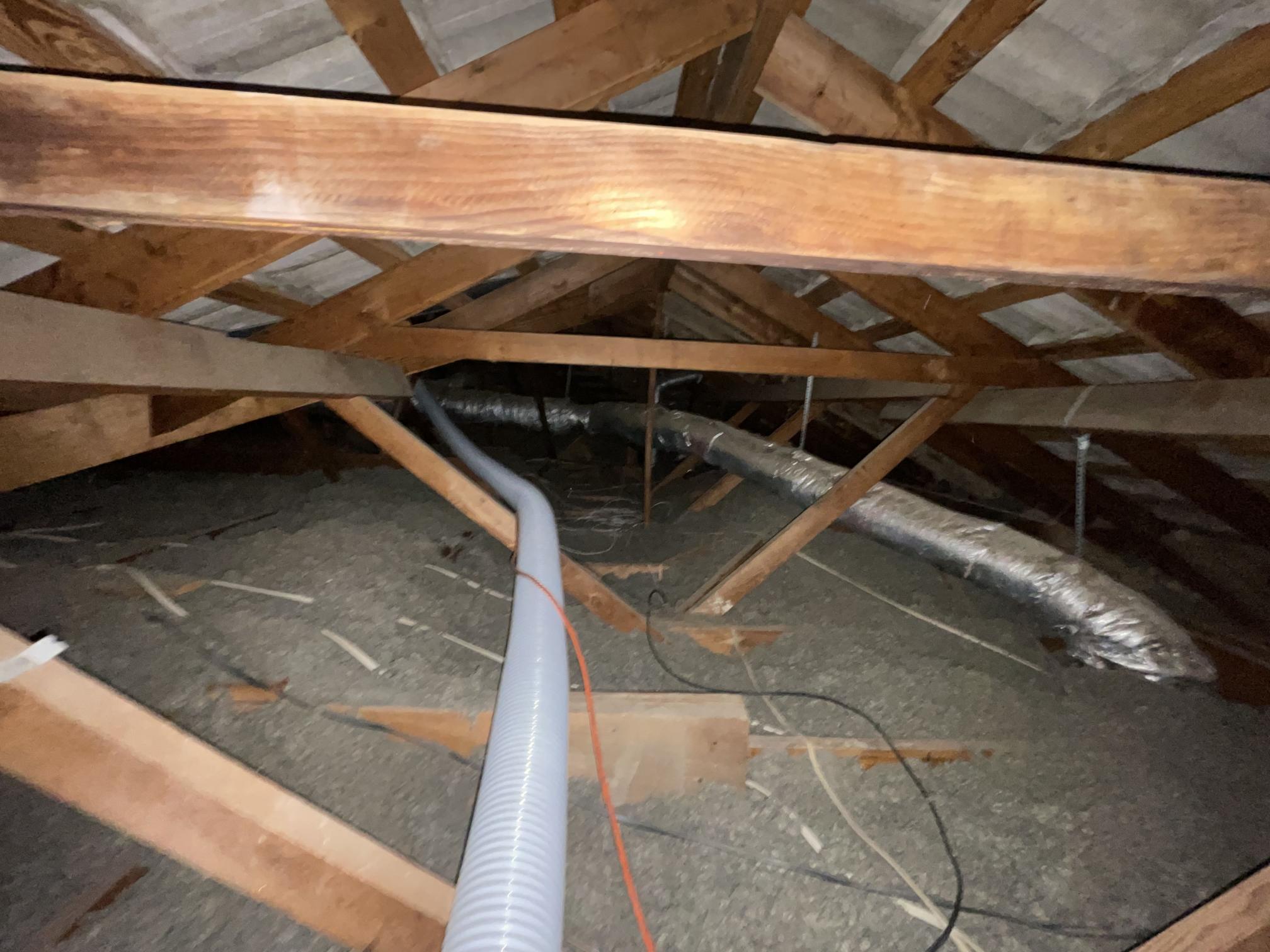

0 thoughts on “How Often To Replace Calipers”